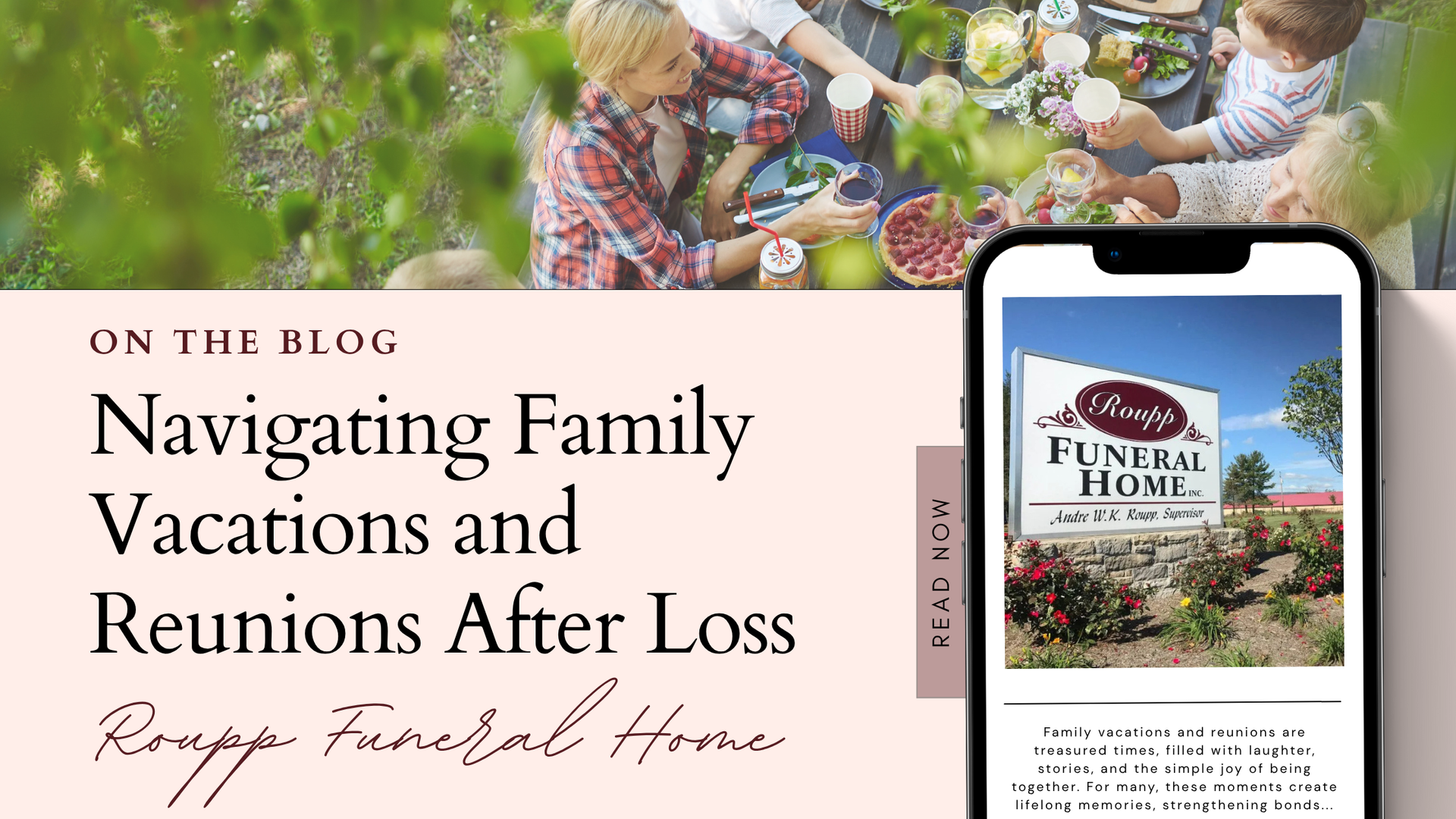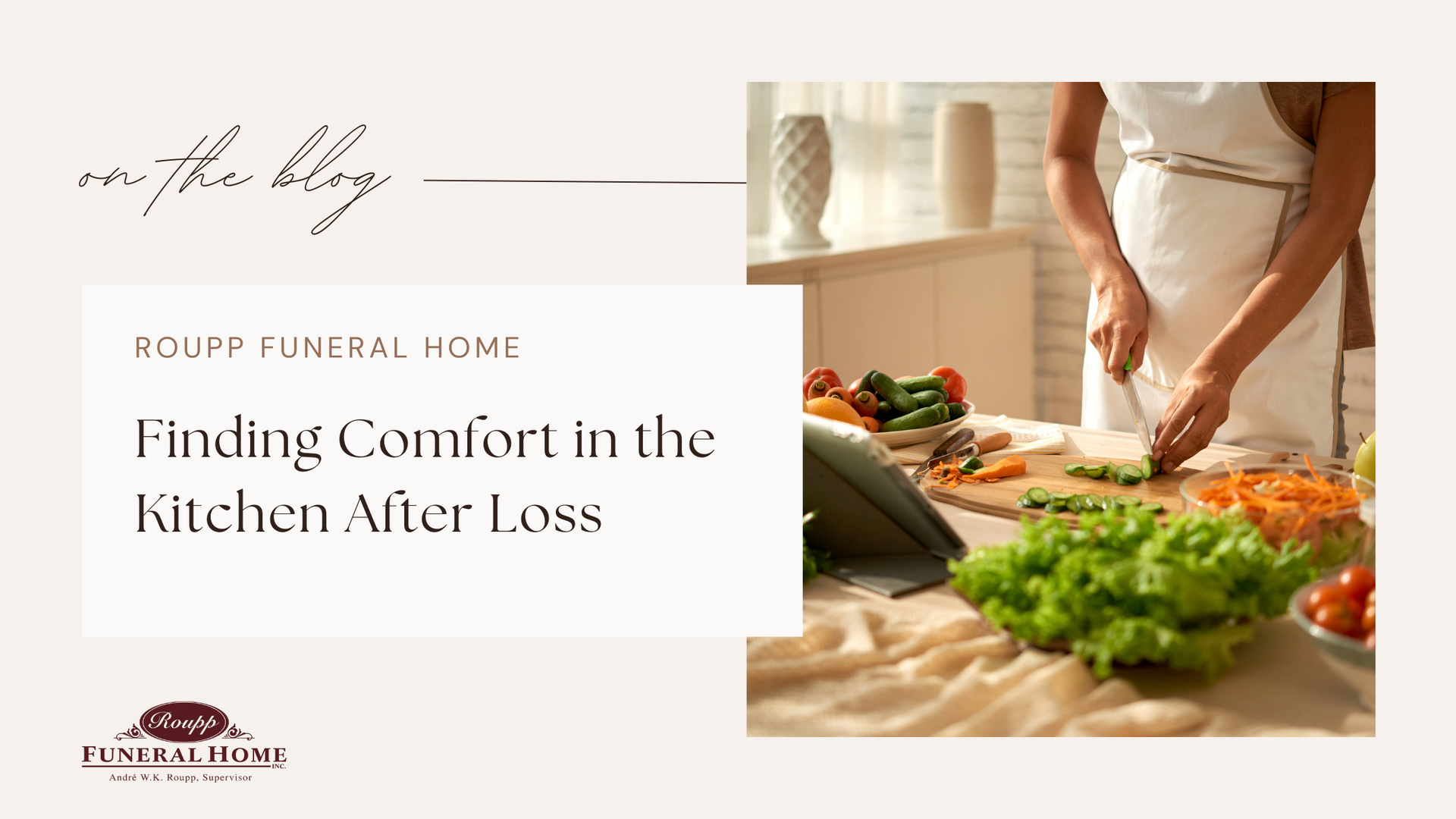By Andre Roupp
•
May 12, 2025
As Memorial Day approaches, we reflect on the sacrifices made by those who have served in the military. This holiday is a time of remembrance, not only for those who gave their lives but also for the traditions and rituals that honor their bravery and sacrifice. Among these rituals, military funeral honors stand as a profound symbol of respect, gratitude, and the deep debt of a nation to its fallen heroes. Military funeral honors are a sacred tradition, an essential part of the process for those who served in the armed forces and made the ultimate sacrifice. These honors are performed to commemorate the lives of veterans, especially those who have passed in service to their country, and their deep significance cannot be understated. On Memorial Day, as we gather to honor the fallen, these rituals take on even greater importance, reminding us of the respect we owe to those who defended our freedoms. Here are the key elements of military funeral honors and their deeper meaning: 1. The Folding of the American Flag One of the most important moments in a military funeral is the folding of the American flag. As the flag is carefully and methodically folded into a triangle, it symbolizes the nation’s gratitude for the service member’s sacrifice. Each fold carries a specific meaning, representing values such as life, liberty, and the pursuit of happiness. The final triangle shape of the flag symbolizes the Triune God—Father, Son, and Holy Spirit—and the nation's dedication to preserving freedom. The flag is then presented to the deceased's next of kin, often a spouse or child, as a symbol of respect, gratitude, and honor. The folding of the flag is a somber, powerful gesture that not only recognizes the service member’s sacrifice but also offers comfort to the grieving family, providing a tangible symbol of their loved one’s patriotism and bravery. 2. The 21-Gun Salute The 21-gun salute is a deeply respectful tribute, representing the highest honor a nation can offer its fallen soldiers. The tradition of the 21-gun salute dates back centuries and is rooted in the practice of firing cannons to indicate a sign of peace, symbolizing the end of conflict. Today, this ritual is reserved for honoring the deceased veteran and is performed by a military firing squad at the funeral or memorial service. Each shot in the salute symbolizes the nation’s deep respect and gratitude for the deceased. The firing of the 21-gun salute serves as both a powerful tribute to the fallen and a poignant reminder to the family and community of the service member’s unwavering dedication to duty. The echo of each shot is more than ceremonial—it carries the weight of a nation’s collective thanks. Typically performed using blanks, this honor is often accompanied by the presentation of the spent shell casings to the grieving family, alongside the folded American flag, offering them a lasting, tangible symbol of their loved one’s sacrifice and bravery. 3. The Playing of "Taps" Perhaps the most emotionally charged moment of the military funeral honors is the playing of "Taps." This solemn bugle call is traditionally played at the conclusion of military funeral services and is universally recognized as a tribute to those who have served. The haunting melody evokes deep emotions, symbolizing the finality of death and the honoring of the soldier's life. The history of "Taps" is rooted in the Civil War, where it was first used to signal the end of the day or the end of a battle. Today, it is played at military funerals to honor the deceased, as it symbolizes peace, rest, and the eternal gratitude the nation holds for the fallen. The sound of "Taps" reverberates with sorrow, but also with reverence for the person who gave everything for the country’s freedom. Memorial Day & Military Funeral Honors: As we observe Memorial Day, these ceremonial aspects of military funeral honors take on a deeper resonance. Memorial Day is not just about acknowledging those who have died in service to our country—it’s about remembering their sacrifice and the sacrifices of their families. These rituals, from the folding of the flag to the firing of the 21-gun salute and the playing of "Taps," remind us of the deep loss experienced by military families and the immense gratitude we owe them. For grieving families, these honors offer a sense of closure, acknowledging the life of a loved one who gave everything for a cause greater than themselves. The rituals provide a structured way for family members to process their grief while being reminded of the lasting legacy of their loved one’s service. How to Honor Their Memory As we reflect on these meaningful traditions, Memorial Day presents an opportunity for all of us to honor the memory of those who have died in service to our country. Whether through attending a local Memorial Day ceremony, observing a moment of silence, or personally remembering the sacrifices of military service members, we can all participate in this collective act of remembrance. At Roupp Funeral Home, we recognize the importance of Memorial Day in the lives of military families. We offer our deepest respect and gratitude for those who have served and continue to serve. Our team is here to support you during times of grief, providing personalized services that honor the life and legacy of your loved ones. This Memorial Day, let us all pause to reflect on the sacrifices made for our freedom, and through rituals like military funeral honors, pay tribute to those whose courage, patriotism, and selflessness will never be forgotten.


















